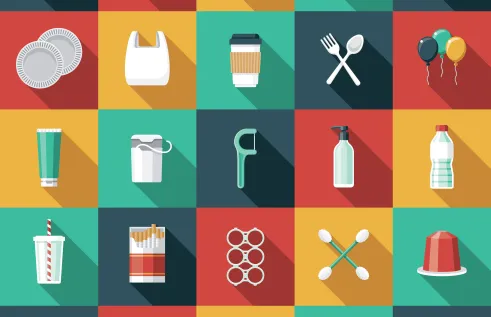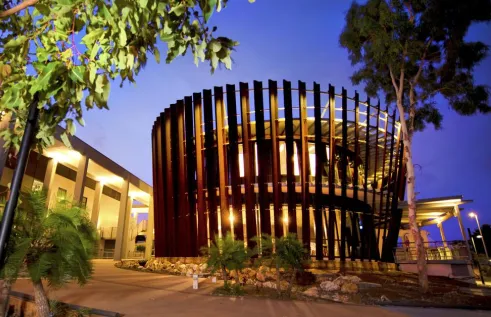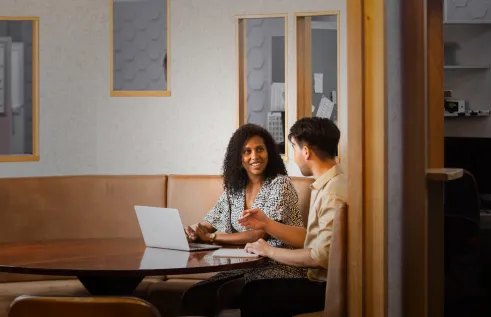Student life
Plastic-free living: tips from the CDU team

We all know that plastic is bad news for the environment. Loads of (often non-renewable) energy is used to make it. The chemicals involved in production of plastics can find their way into waterways and plastic litter is making its way into landfill (and the wilderness) at alarming rates.
A big problem with the plastic bottles, bags and takeaway containers that we use every day is that is they’re made from a material that is designed to last forever, but are made to be used for only a few minutes. These plastics:
- break up instead of break down, becoming permanent pollution
- are mostly down-cycled (made into low grade product for just one more use) or sent to landfill
- ‘escape’ from bins, trucks, events etc. to become ‘accidental litter’
- end up in waterways and the ocean, where scientists predict there will be more tonnes of plastic than tonnes of fish by 2050
- transfer to the food chain, carrying pollutants with them
- increase our eco-footprint, plastic manufacturing consumes 6% of the world’s fossil fuels.
Every bit of plastic ever made still exists and in the first 10 years of this century the world economy produced more plastic than the entire 1900s!
Sourced from: Plastic Free July
We put the call out to the CDU team to see what they are doing to reduce their plastic use. Read on for their top tips!
“I use the paper mushroom bags in the grocery store to put my baby spinach in so I don’t use a plastic bag.” - Monica
“I bring the beautifully branded CDU Keep Cup, which makes my coffee greener AND cheaper :-).” - Sylvia
“I refuse plastic straws at cafes, restaurants and bars. I BYO utensils when I can” - Amanda
“I’m making my own wax food wraps. This will reduce the amount of cling wrap and plastic containers I use.” - Fiona
“I generally avoid using plastic bags, but if I can’t, I’ll take it to the soft plastics collection at Coles after I’m done with it. My bread bags and cling wrap also go in there.” - Jess
“I stopped buying coffee pods. Those things are terrible for the environment. I replaced them with locally roasted coffee and stainless steel moka pots.” - Amanda
“I take good care of my stuff so I don't have to repurchase as frequently. If I do need to make a purchase, I look for plastic free alternatives that are sustainable.” - Sylvia
“I use my Hello Fresh Paper bags as bin liners.” - Monica
"A great local Territory resource I found is I'm Plastic Free. It's where I find all these really creative ways to reduce waste." - Athena
Ready to start your plastic free journey? Head over to the Plastic Free July website to check out their guide to plastic-free living.
Related Articles

Intensive study: CDU’s short trips for big career gains
Starting her Graduate Diploma of Environmental Management at Charles Darwin University (CDU) while working full-time for WA's Parks and Wildlife Service, Ailsa initially saw her intensive unit as just a practical scheduling option.
Read more about Intensive study: CDU’s short trips for big career gains
Why I chose CDU for my research degree
Charles Darwin University may be small, but we have an impressive international reputation for research. Here, some of our researchers explain what made them choose to pursue a Higher Degree by Research with CDU.
Read more about Why I chose CDU for my research degree
How to finish a PhD quickly
The idea of committing a chunk of your life to research can be both exciting and daunting, but there are ways to make sure your timelines don’t blow out and your motivation doesn’t run out. CDU’s Dean of Graduate Studies, Professor Tara Brabazon, offers her top 10 tips for submitting your thesis quickly.
Read more about How to finish a PhD quickly